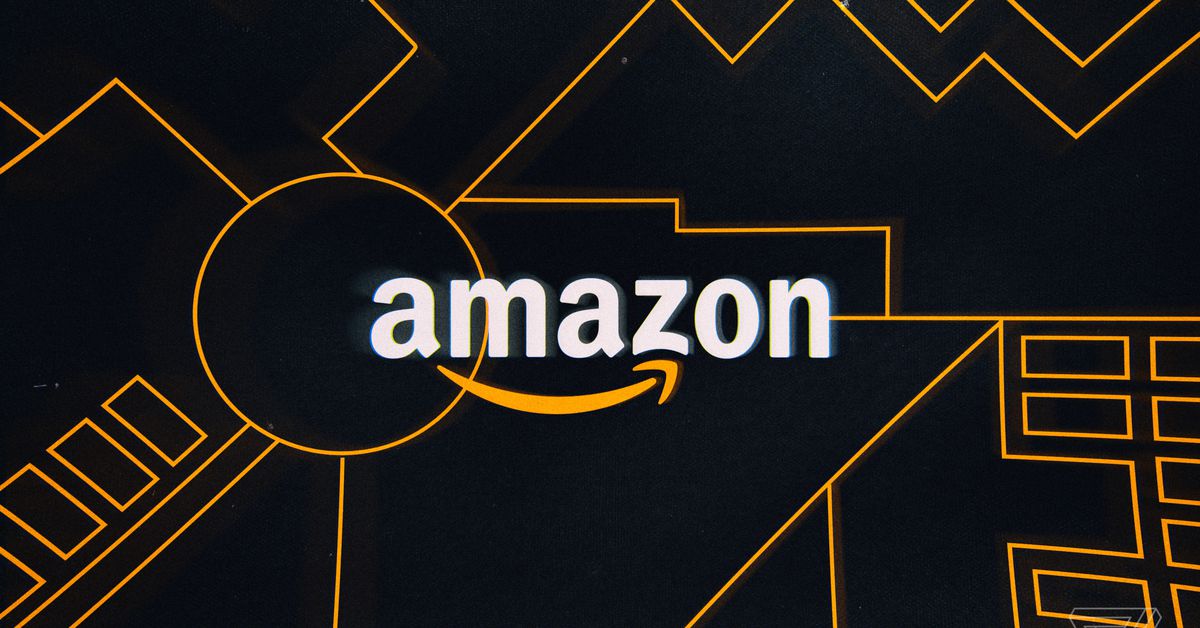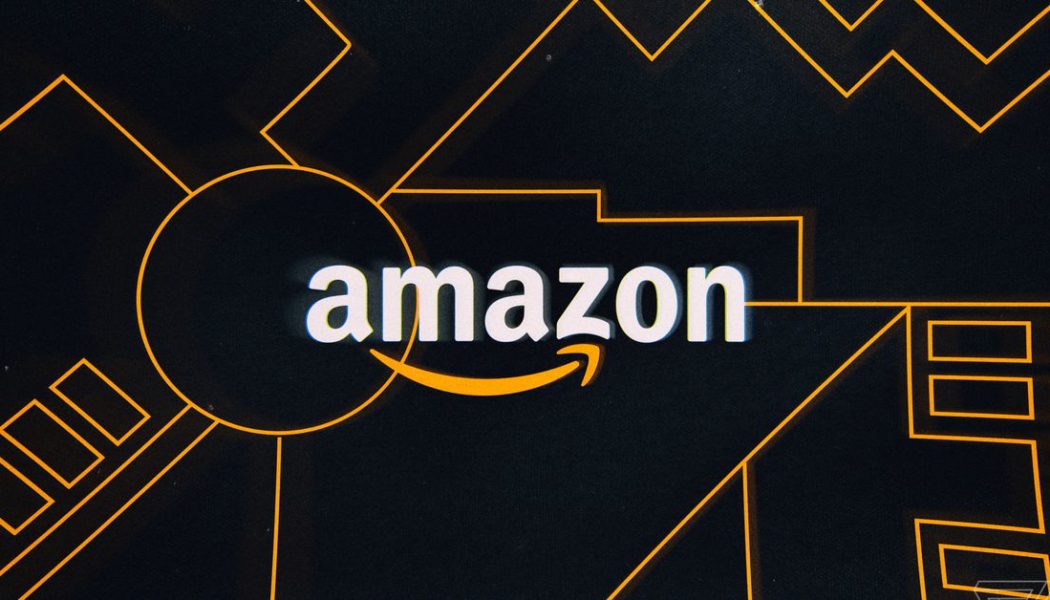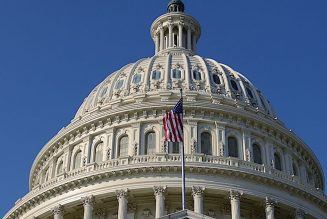
Amazon has decided it would really like to attract more developers to its Android and Fire OS app store, so it’s following in the the footsteps of Apple (and Google) by announcing a new “Amazon Appstore Small Business Accelerator Program” that takes less money out of developer’s pockets (via AFTVNews).
But where Apple and Google reduce their cut of a developer’s first $1 million in revenue from 30 percent down to 15 percent, Amazon’s formula has a slight tweak: it’ll take a higher 20 percent of revenue, but give developers an additional 10 percent in “AWS promotional credits.” The idea is that if your app is using Amazon’s popular AWS cloud services anyhow, it’ll be equivalent to you keeping 90 percent of the money. And if you happen to be using a competitor’s cloud services, maybe Amazon will tempt you to become an AWS customer.
Like Apple’s program, though, it is a program — something you have to apply for, can get booted out of, and you automatically get kicked out and have to apply again the following year if your revenue ever exceeds $1 million. By contrast, Google is simply giving developers an extra 15 percent of their first $1 million.
Also, revenue isn’t everything: as Fanhouse argued when it railed against Apple last week, an app that’s designed to profit creators, not its developer, might make far more than $1 million in revenue and not be able to afford 30 percent of the money that changes hands there. Fanhouse says it pays creators 90 percent of their earnings, and accused Apple of demanding 30 percent of them.
Apple is currently fighting a huge lawsuit against Epic Games that touches on whether its 30 percent cut is fair; part of Apple’s argument is that 30 percent has long been the norm. But critics say companies like Apple are taking far more for their services than a payment processor should. Moves like these from Apple, Google, Amazon and Microsoft suggest that there’s meaningful pressure across the industry to reconsider the 30 percent cut, if only to steer the conversation away from alternatives that might more drastically impact profits.










